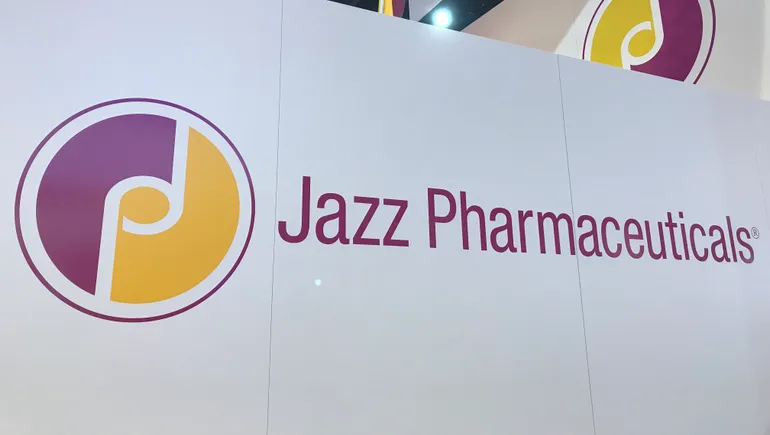Merck targets 2025 RSV season with antibody now under FDA review


Dive Brief:
- Doctors could have a new treatment option for protecting newborn infants from respiratory syncytial virus if the Food and Drug Administration approves Merck & Co.’s drug clesrovimab by next summer.
- Merck said Tuesday the agency had set a decision deadline of June 10, 2025, which would allow the company to launch the antibody medicine ahead of the typical RSV fall-to-winter season.
- If approved, clesrovimab would compete with Sanofi and AstraZeneca’s Beyfortus, an antibody approved last year for RSV prevention in infants. Several vaccines for RSV are also available in the U.S., but only for use in adults or in pregnant women. Recently, the FDA paused testing of RSV shots in young children while it evaluates safety concerns.
Dive Insight:
There are currently several ways to protect children from RSV. Beyfortus can be used in infants who are entering their first or second RSV season, while Pfizer’s vaccine Abrysvo can be given to pregnant women to pass on passive immunity to their newborns. Another, older antibody called Synagis is available, but its use is limited certain to high-risk infants.
Clesrovimab would compete most directly with Beyfortus, which has become a big seller for Sanofi amid higher-than-expected demand during its first year on the market. The French pharma increased its manufacturing capacity to better meet demand for this current season.
Hopes the new RSV vaccines could soon be expanded to young children are on hold, however. Moderna, which has an approved shot for older adults, paused a study testing it in infants between 5 months and 7 months old after investigators reported several cases of severe RSV among those who were vaccinated. Soon after, the FDA put a hold on enrolling children under the age of 2 in all studies testing RSV vaccines that aren’t live-attenuated.
The FDA convened an expert advisory panel last week to discuss the safety concerns, but they did not recommend ending RSV candidate testing yet. Committee members called for additional data on immune responses across age groups and trials.
Merck’s application for clesrovimab is backed by data from a Phase 2b/3 study testing the drug in healthy preterm and full-term infants, and interim results from a Phase 3 study comparing the drug to Synagis in infants with increased risk of severe disease.
Merck said that, if clesrovimab is approved by the FDA’s June 10 decision date, supplies of the drug will be available for ordering by the following month.
This post has been syndicated from a third-party source. View the original article here.




